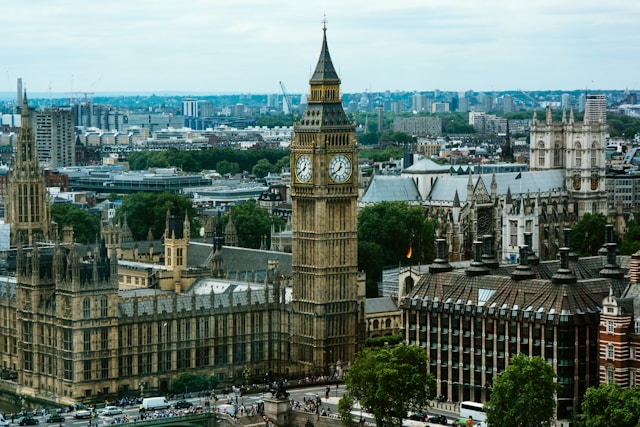Menu
close

Here are the main points from the budget and the impacts they will have. Please note whilst there are implications of the budget on everybody we have focussed here on the impacts for the self-employed and businesses:
Income Tax
Basic Rate income tax will go down from 20% to 19% from April 2023. The maximum tax saving on this tax cut is around £375 for self-employed individuals if income is at the top end of the basic rate band.
The 45% higher rate of income tax will be abolished. This means anyone earning over £150,000 per year will have their income taxed at 40% from April 2023 onwards. Anyone earning over £100,000 will still however, begin losing their personal allowance as they currently do up to circa £125,000.
National Insurance
The planned National Insurance hike of 1.25% will be reversed. This also means that dividend tax rates will remain at previous levels of 7.5% and 32.5% as previously, depending on your tax band.
Corporation Tax
The planned Corporation Tax hike from 19% to 25% (including the tapered marginal 26.5% rate) has been cancelled and Corporation Tax will remain at a flat 19%.
This reverse also means the planned introduction of the associated company rule has been scrapped. For business owners (particularly SME’s) with multiple limited companies, this tax regime could have majorly increased your corporation tax across all the companies. This rule was not shouted about when first announced and not many people were made aware of it, if you would like more information on this please get in touch.
You will be able to claim Annual Investment Allowance on up to £1million worth of Plant & Machinery/Technology investments per year permanently moving forwards. This had planned to be reduced back down to up to £200,000 per year from next April. The hope is that tax relief on purchasing assets for growth will incentivise businesses to invest in that growth.
IR35
Plans to simplify the IR35 rules for contractors, with comments that the 2017 and 2021 reforms added unnecessary complexities to the rules. As soon as we see further guidance on this, we will let you all know.
Stamp Duty
Stamp duty has been cut with immediate effect. Nothing will be paid on the first £250,000 of a property’s value, which is double the previous allowed amount.
As it currently stands, buyers of second properties, including buy-to-let landlords will still have to pay a 3% surcharge on stamp duty on current stamp duty rates.
If you have any questions or concerns or spot any opportunities due to this budget, please get in touch to see how we could support you.